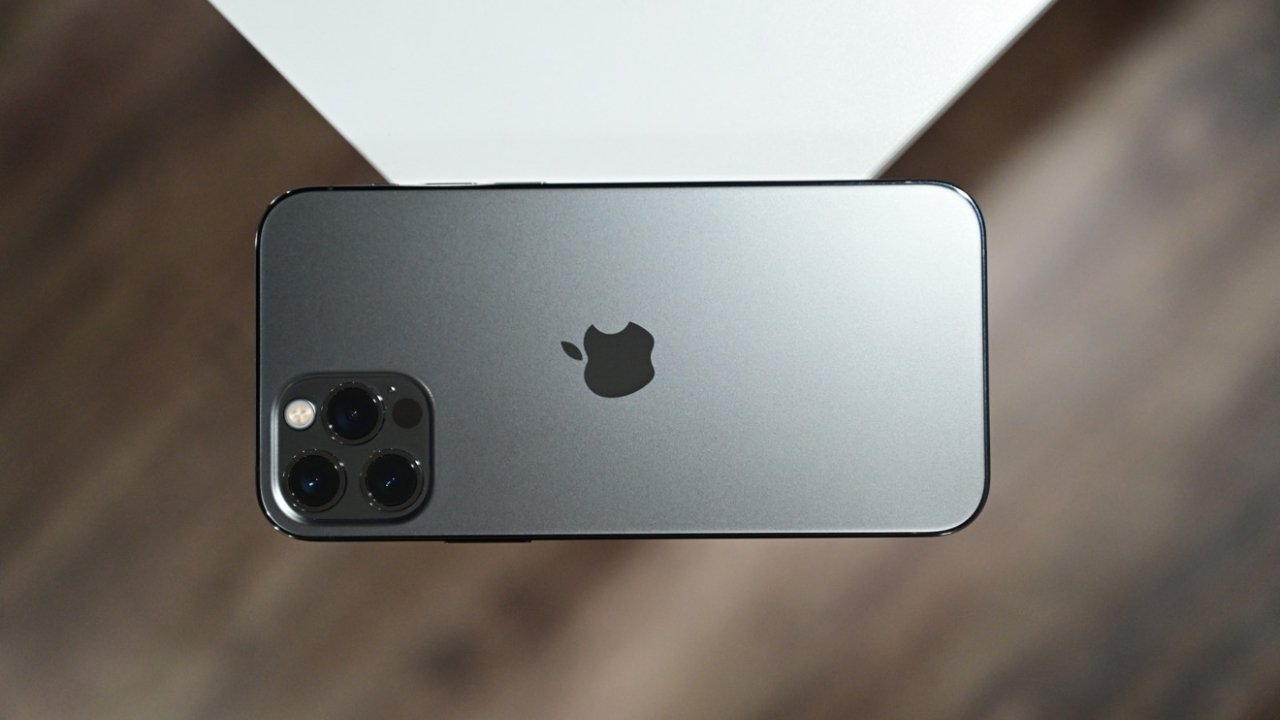You are most welcome,
@theorist9, and I agree with everything you said in this post. I have always said that the decision to update is entirely up to the individual Mac user.
I would be a total hypocrite to go and tell everyone to upgrade to the latest release, because I myself stayed on Mojave for the full extended two-year patch cycle. I did so partly because of 32-bit support, partly because I didn't care for the Big Sur interface changes, but mostly because I didn't have a "Retina" display as Apple recommends, which gave me physical headaches when using standard definition monitors. After somehow managing to snag a brand-new 21.5-inch UltraFine off of Ebay, I jumped straight to Monetary, because it fortunately coincided with the final security patches for Mojave.
As you probably surmised, my harping on the subject is for two reasons:
1. Most Mac users probably aren't aware that Apple isn't patching 100% of the known security flaws with all supported versions of macOS. I have to give massive credit to
Dr. Howard Oakley and
Mr. Macintosh for extensively covering this issue. I've just done my best to make sure that their findings are as well-known as possible, so that Mac users can make an informed decision about when to upgrade.
2. An attempt to dispel the antiquated notion that a version of OS X is ever "finished", or something along those lines. Long-time Mac users will sometimes pinpoint a release like Snow Leopard 10.6.8 v1.1 (Build 10K549) as the pinnacle of OS X releases, being the final build of one of the most beloved versions of OS X, because Steve Jobs marketed it as "zero new features". That wasn't the case, but most of us understand the messaging.
Today, macOS gets a series of relatively less ambitious, yearly updates, and I think should be considered a rolling release, at this point. Modern operating systems are hellions to wrangle toward a release date, as they become more complex while meeting both a technical and marketing timetable. Therefore, Apple's engineers have to prioritize their resources, and that seems to be the latest version.
As I mentioned above, that's not just with security, but stability and new features. The third major memory leak found inside of Monterey wasn't patched until the release of Ventura 13.0. Not a decimal release, but the version released to the general public.
In summation, there are numerous, perfectly valid reasons to stay with an older version of macOS. The most obvious one is when a newer version doesn't have vital software or hardware support. In that case, it's foolish to upgrade, particularly if the user is making a living off of that Mac. Where I take umbrage is with users who believe that waiting until an arbitrary point release will somehow make their Macs more stable because macOS will ostensibly be more complete. Apple is constantly working on bugs, new and old, I see no reason to wait until an arbitrary version number after a major update. Like I said, if you're still using any version of Monterey, then the third Finder memory leak is still unpatched, and based upon past history, it never will.
On top of that, Apple appears to be patching fewer and fewer security holes with the previous two versions. During the Monterey cycle, Apple was regularly patching about 60% of vulnerabilities inside Catalina and Big Sur. At least one of those unpatched vulnerabilities had been marked as being actively exploited.
With the release of Ventura, that percentage of back ported patches has dropped to an approximate 10%. Mayhap some of that is because much of the Mac engineering effort has been to get Ventura out the door, safe and secure, and perhaps Apple will continue back porting them now that the mad rush is over with. It's too soon to say whether that is the case, but it is striking and highlights the issue even more now than before. Previously, I could see the argument that 60% is "better than nothing", but 10% is, at best, security theatre. If I wasn't able to upgrade to Ventura, then I'd take the 10%, but be fully aware that I was basically running an unpatched system.
This doesn't even account for the new under-the-hood changes, like the SSV
introduced in Big Sur, or the more recent
substantially smaller patch sizes that are just now making themselves known inside of Ventura. Plus, keep in mind that the new USB security features inside Ventura
are Apple Silicon only. My aging 2018 Mac mini need not apply.
So, it's clearly a tradeoff that every Mac user is going to have to study and weigh for their individual use case. I personally enable every security feature that my Intel Mac will allow, but I can already feel the squeeze, which is another incentive to move to Apple Silicon, sooner rather than later.



